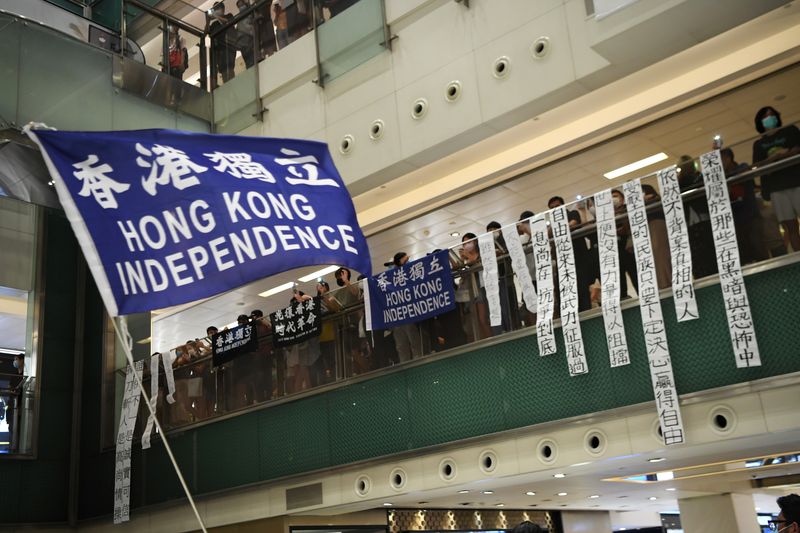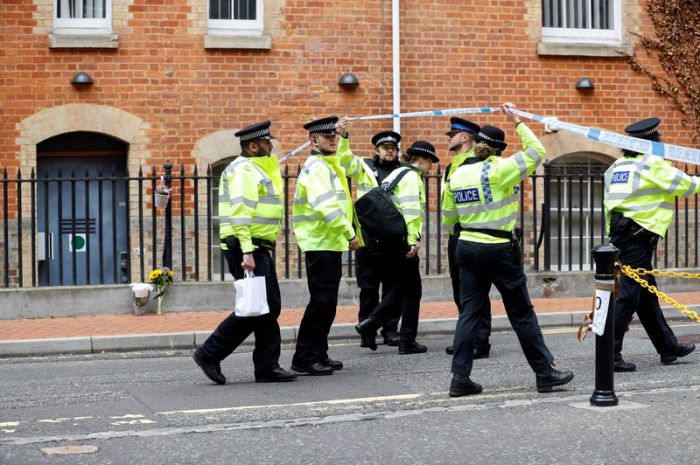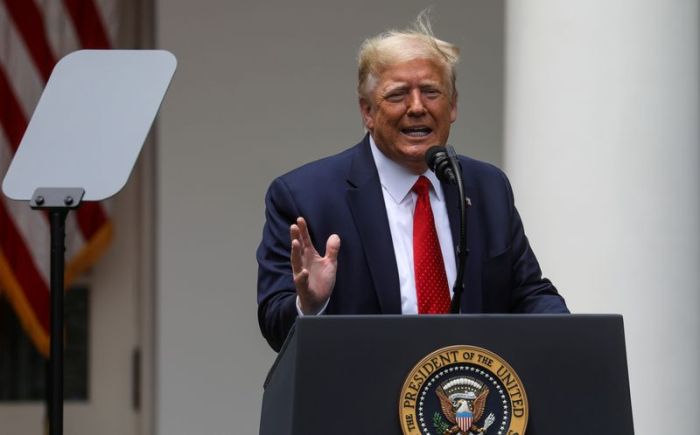HONG KONG (Reuters) – Pro-democracy labor unions and a student group in Hong Kong failed to garner enough support to hold strikes against looming national security legislation imposed by Beijing, in a blow for the Chinese-ruled city’s protest movement.
After a year of often-violent unrest, anti-government demonstrations have lost momentum due to higher risk of arrest, with recent rallies failing to receive police approval due to coronavirus restrictions on large crowds.
A strike was intended to open a new arena of resistance, but organizers said only 8,943 union members participated in a city-wide poll, falling short of the 60,000 threshold to go ahead, even as 95% of the votes were in favor.
Separately, the Secondary School Students Action Platform said it would not initiate a class boycott, as they fell short of some of their targets for in-person votes.
Voting took place on Saturday and the results were announced around midnight.
The unions represented almost two dozen industries, including aviation, transport, construction, technology and tourism. Most were formed in the past year as pro-democracy activists have spearheaded the biggest push to unionize the laissez-faire, ultra-capitalist finance hub – where collective bargaining rights are not recognized – since Britain handed the city back to China in 1997.
China on Saturday announced details of the national security legislation, unveiling Beijing will have overarching powers over its enforcement and signaling the deepest change to the city’s way of life since the handover.
The planned law has alarmed foreign governments as well as democracy activists in Hong Kong, who were already concerned that Beijing was tightening its grip over the semi-autonomous city.
Officials in Beijing and Hong Kong have sought to reassure investors that the law will not erode the city’s high degree autonomy, insisting it will target only a minority of “troublemakers” who pose a threat to national security.
(Reporting by Marius Zaharia; Editing by William Mallard)



















